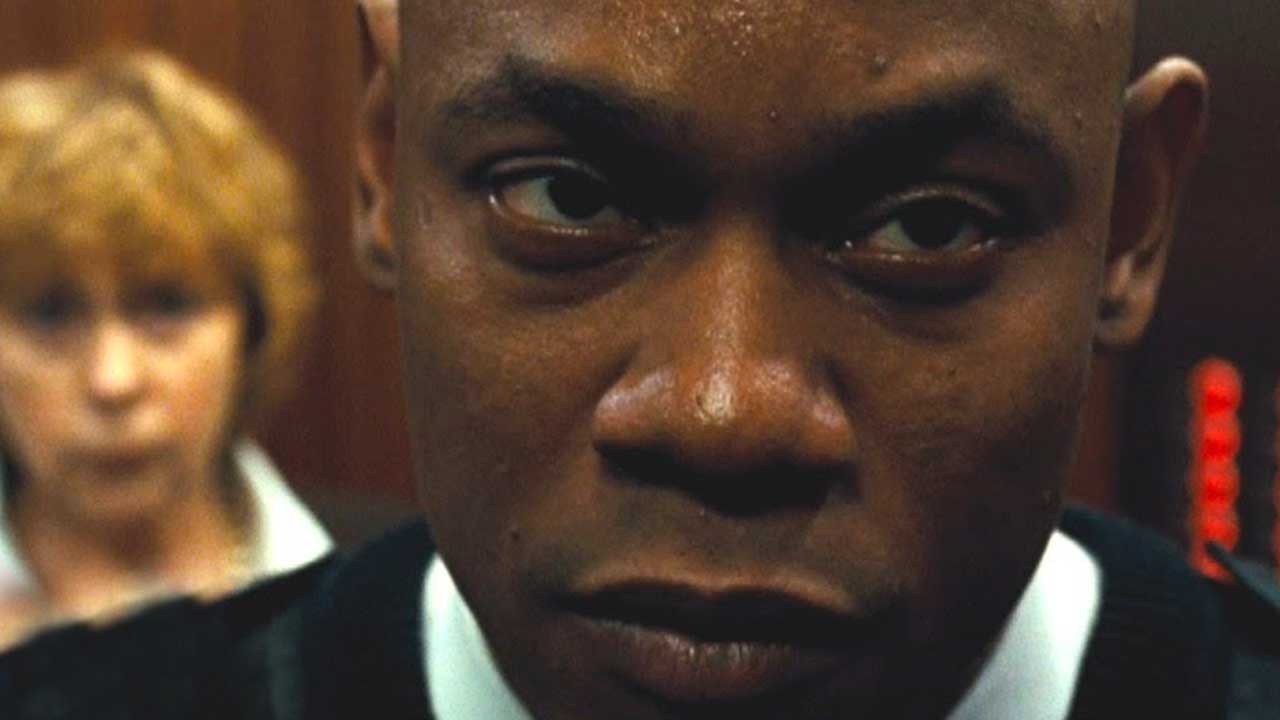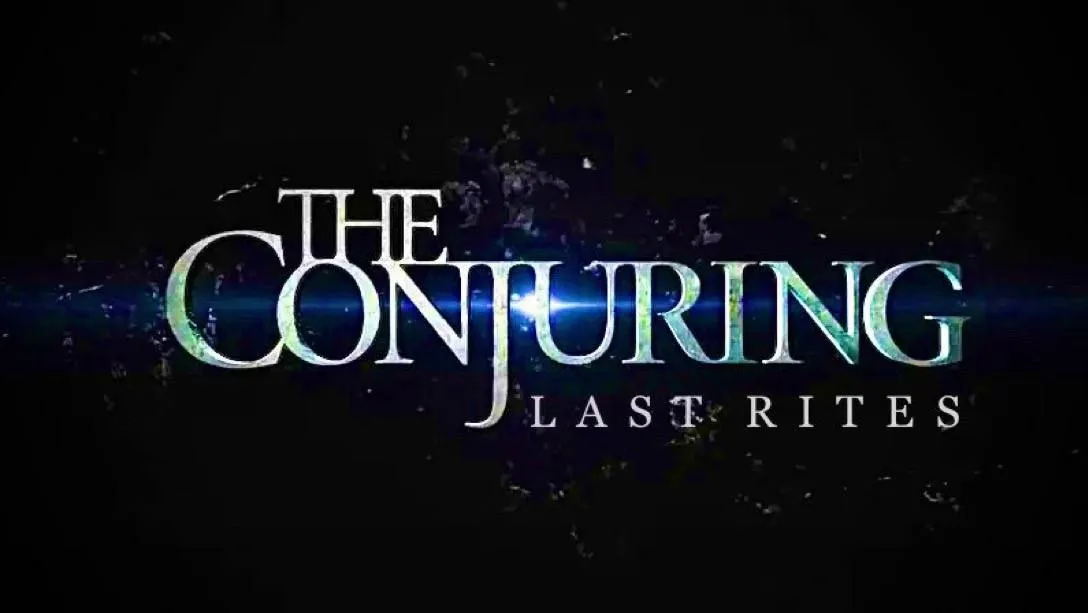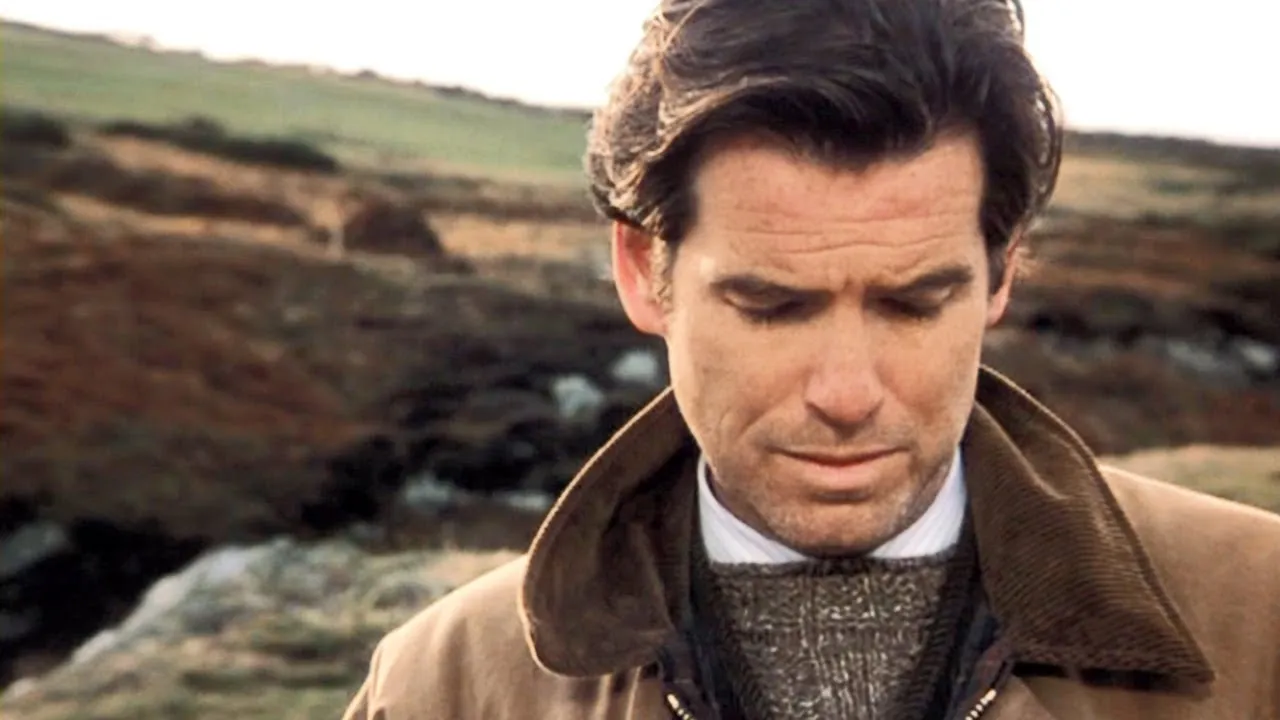Devil (2010): A Claustrophobic Thriller With Supernatural Stakes
Released in 2010 and produced by M. Night Shyamalan, Devil is a tightly wound supernatural thriller that explores the tension between guilt, redemption, and justice in one of the most claustrophobic settings imaginable—an elevator. Directed by John Erick Dowdle (Quarantine), the film is the first entry in Shyamalan’s planned “Night Chronicles” series, which aimed to tell supernatural stories rooted in everyday urban environments. While the franchise didn’t progress further, Devil stands on its own as a compact, suspenseful, and eerie morality tale.
The story opens with a somber voiceover and an upside-down aerial shot of Philadelphia, setting the tone for a world turned on its head. When a man seemingly falls to his death from a skyscraper, police detective Bowden (played by Chris Messina) is assigned to the case. Soon after, five strangers—each from different walks of life—become trapped in an elevator in the same building: a mechanic, a guard, a salesman, a young woman, and an older woman. What starts as a routine malfunction quickly turns sinister when one of them dies mysteriously inside the confined space.
As the situation escalates, the building’s security team watches helplessly through surveillance cameras, and Detective Bowden begins to suspect that something unexplainable is happening. What none of them knows is that one of the five people in the elevator is the Devil, come to punish sinners before claiming a soul. With each blackout inside the elevator, another person is injured or killed, and the survivors turn on each other in suspicion and fear.

What sets Devil apart from other thrillers is its philosophical and moral undercurrent. The narrative unfolds like a modern-day parable, delving into the nature of evil, the consequences of guilt, and the possibility of forgiveness. As each character’s backstory is gradually revealed, the audience is forced to question who deserves punishment—and who might be seeking redemption.
The film is bolstered by its tight runtime (just under 80 minutes), economical storytelling, and a focus on building dread through suggestion rather than gore. The elevator, a symbol of modern entrapment and anonymity, becomes a crucible where secrets are exposed and human nature is tested. Cinematographer Tak Fujimoto (best known for The Silence of the Lambs) uses tight angles and low lighting to create an atmosphere of unease, while Fernando Velázquez’s score heightens the tension without overwhelming the narrative.

Chris Messina brings grounded emotion to the role of Detective Bowden, whose own past trauma adds a personal layer to the film’s themes. His journey parallels the events in the elevator, culminating in a resolution that is both chilling and unexpectedly hopeful.
While Devil received mixed reviews upon release—some praising its suspenseful setup, others criticizing its simplicity—it has since gained appreciation for its unique concept, effective atmosphere, and thought-provoking message. It may not be a blockbuster, but as a self-contained psychological horror story with supernatural flair, Devil remains an underrated gem of the 2010s.



